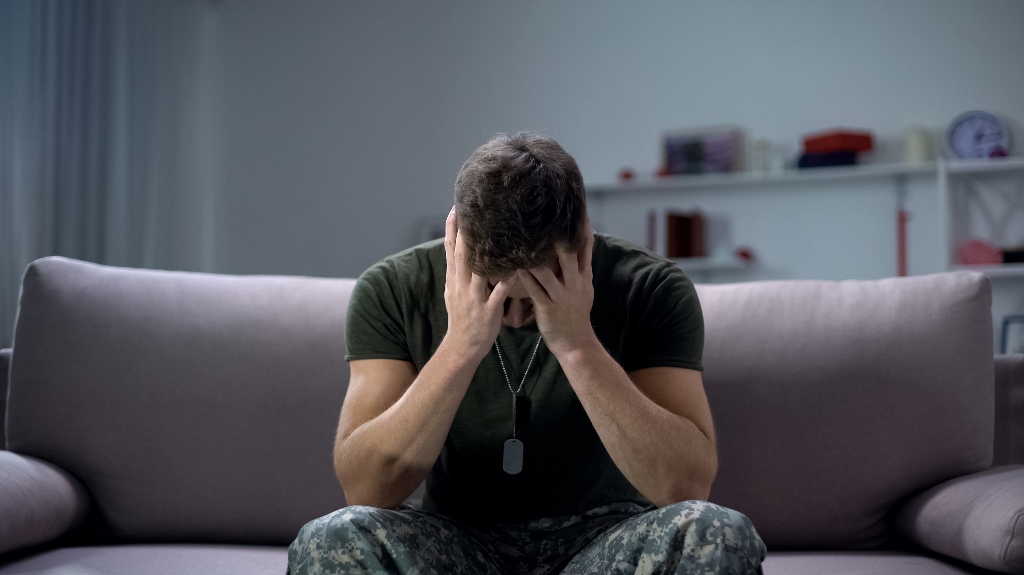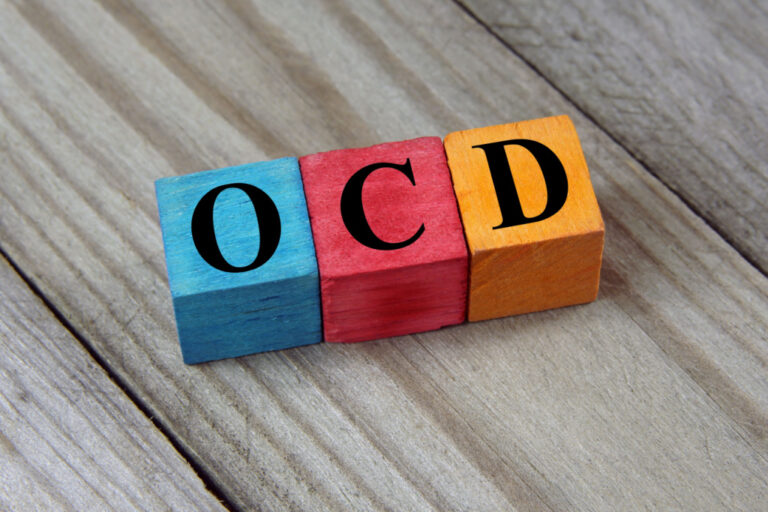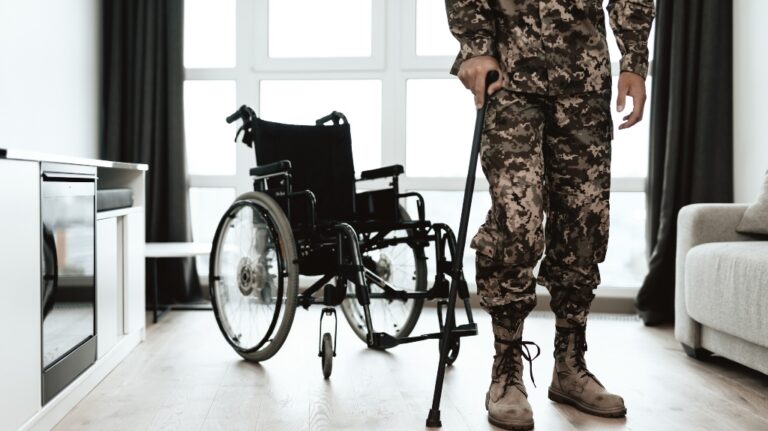Servicemembers can develop anxiety as the result of traumatic or stressful situations such as combat or other circumstances where their lives are in danger. This anxiety may not go away even though the event has passed or the person has left the military altogether. For some, the transition out of the service and into civilian life can exacerbate anxiety symptoms that first appeared during the person’s military service.
While much attention is placed on post-traumatic stress disorder (PTSD) and the effect it can have on veterans, it is important to remember that it is not the only mental health condition that can be addressed through VA disability benefits. Severe anxiety can result in a 100 percent disability rating, and less severe forms can also result in lower amounts of benefits.

Symptoms of Generalized Anxiety Disorder (GAD)
A diagnosis of generalized anxiety disorder (GAD) is made for individuals who experience certain symptoms for a period of six months or more. Some of these symptoms include:
- Excessively worrying about situations or experiencing worry that is far greater than the potential outcome of the circumstance
- Fixating on the worst-case scenario in situations
- Trouble making decisions or fear of making the wrong decision
- Restlessness and trouble relaxing
There are other types of anxiety disorders that the VA recognizes, but all types are characterized by a general inability to calm down in everyday situations.
How Do I Get a 100 Percent Disability Rating for Anxiety?
As is true with other physical and mental service-connected conditions. The disability rating you receive for your anxiety will reflect the VA’s conclusion as to how much your anxiety symptoms interfere with your daily life and your ability to hold a job. The possible ratings for anxiety include:
- O percent, meaning you have a diagnosis, but it does not meaningfully interfere with your daily life
- 10 percent, which indicates that your symptoms come and go or have only a slight impact on your ability to care for yourself and work
- 30 percent, signifying that your anxiety impairs your work to the extent that you are not as productive as you could be, you are depressed or have trouble concentrating
- 70 percent, at which point you may be experiencing numerous panic attacks, have trouble forming appropriate relationships with your family and coworkers
Extreme and severe cases of anxiety may be rated at 100 percent. This indicates that the VA believes your anxiety symptoms are so severe that you are not able to hold down any work. Your anxiety is so severe that there is a risk you could hurt yourself or others and that you may not be able to care for yourself.
The VA Did Not Believe My Anxiety Was Severe. Now What?
Mental health conditions can be difficult to rate accurately, given that your symptoms and experiences are unique to you. There are ways you can demonstrate to the VA just how severely your anxiety impacts you on a daily basis. If you think the VA got it wrong in your case, Veterans Law Attorneys can help. Contact us at (833) 753-5168 or online to discuss appealing a low disability rating and securing the benefits you deserve.






